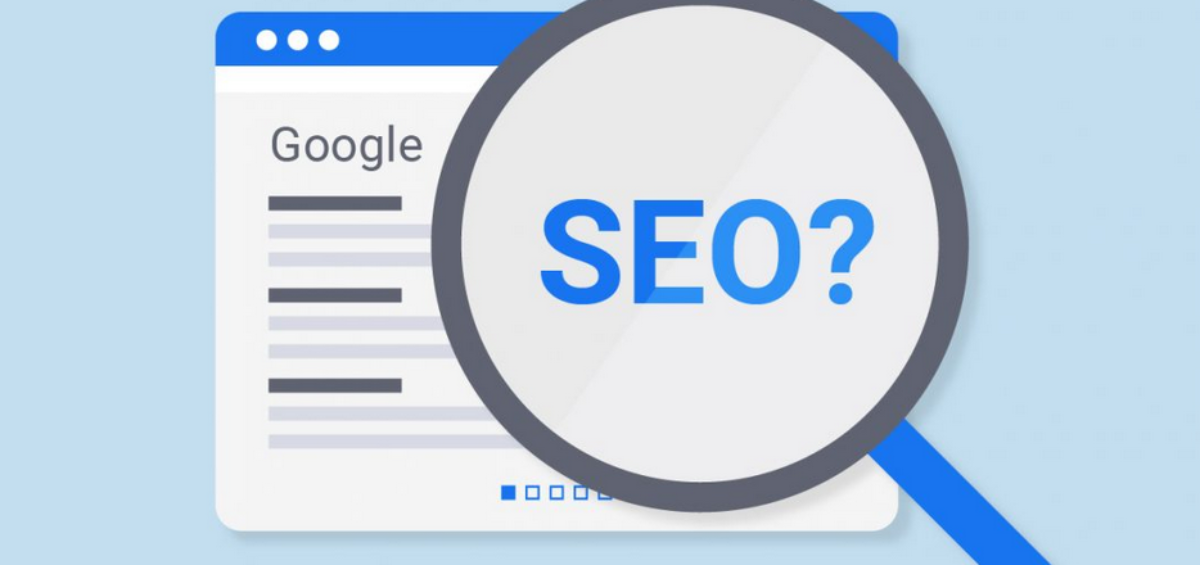The process of trying to get a website ranked in Search Engines begins at home. Like literally, with the home page. But when all of the keyword placement is done and the tools are run, what happens next? Do you sit and wait and hope that adding internal links to your content is enough to push you up? Not exactly. Once the on-site optimization is done that’s when the real work begins. Off-site SEO is one of the most challenging aspects of internet marketing, even for the experts. But without it, there’s a kind of plateau a site will reach. And it tends to hover somewhere around the second and third page for most important keywords. But if you do some work outside your domain, you may just find you can crash through the glass ceiling.

Link Building
The number one way to actually make an impact on your search engine rankings is through building links. The websites that link to you will make all the difference in the world regarding how you rank and what you rank for. But not every link is valued the same, some actually carry influence and some carry, well, pretty much nothing. When it comes to building links there are still a few standard rules of thumb.
- Good links don’t come cheap any more. That package of 10,000 bulk links you can get for $50 bucks that won’t do a thing for you. If you’re going to invest in link building, make sure you know what kinds of links you’re paying for.
- Blog spam links are generally pointless.
- If you have absolutely no back links signing up for some directories may be appropriate to build a foundation. But they aren’t worth very much in terms of keyword rankings.
- Article spinning is dying out thanks to the Panda Update. Duplicate and thin content are worth a lot less for SEO than they used to be.
The best links are the ones that people give freely based on the merit of a site. Focusing on creating inventive content and promoting it will help compel others to link to you.
Social Media
Social media is a lot of things. It spreads news, facilitates communication, and gives people something to do when they are bored. But it can also be a useful business tool, possibly a rankings signal and helpful for getting links.
Businesses can benefit from the swarms of people living on social networks. Getting a Follower on Twitter or a Fan on Facebook means an opportunity to put your brand in front of them frequently. Just make sure you actually engage with users and give them good reasons to visit your pages. If you only over-load them with sales pitches they won’t stay friends or followers for very long.
It’s no secret that search engines are trying to integrate social media into their algorithms. From showing what you friends “like” in search results, to looking at social signals as ranking factors. Being active on social media has a real chance of getting you more attention from search engines and real people.
If great content is the best way to get great links, then the only other problem is getting content found. Writing titles for rankings is a good first step. But beyond that, using social media networks is the next best way to help get eyes on your content. Whether it’s blog posts, contests or infographic, the really good stuff spreads like wildfire on social media.
Online Reputation Management
Online Reputation Management (ORM) is a bit ambiguous when it comes to SEO. The thing is, a bad online rep won’t really effect where you rank for your keywords. But if you look at SEO in a broader sense, then you have to think about the SERPS in terms of more than just competitive terms. Before doing business with a company, many people take the time to do a little research on who they are giving their money to. If the results for your name are negative it could be costing you sales, no matter where you rank for your main terms. You can use the bad stuff to learn from your mistakes. But take steps to try to keep the front page of your branded results positive. Signing up for social media profiles and pursuing reviews and press about your brand name can help you keep control of the tone of your own top 10.
The SEO process never really comes to an end. It’s not a re-dressing of a website; it’s a part of an overall marketing strategy. Even if you’ve been through your site with a fine tooth comb, there’s always something else you can do off-site. Building links, utilizing social media and studying your online rep are all important partsof an effective long term strategy. Exploring all of these areas of SEO will help both your rankings and branding. And the combination of high rankings and a powerful brand is the best formula for a thriving online business.
Jessica is an outreach specialist with Reputation Observer a reputation management platform based in Germany. Of course there’s also a Reputation Observer that is based in the US. Jessica has worked in many areas of internet including link building SEO, PPC and Social Media.












Add Comment